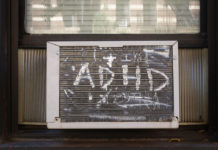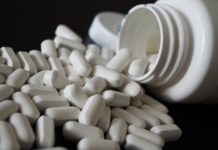follow up with the patients after three, six and nine months to measure their drinking behavior and quality of life.
The entire trial is expected to cost upward of $950,000. Sessa said: “Setting up a trial like this is a very complex, lengthy and costly process. Because MDMA is a schedule one drug we need appropriate licenses at all points along the study’s trajectory. The costs have been vast so far, and we haven’t started yet.”
Researchers also have had to secure a series of licenses to satisfy United Kingdom ethics committees. The licenses cover everything from the lab manufacturing the MDMA, to specialized transport and storage facilities. But Sessa thinks that finding better treatment options for addictions is vital.
“Psychiatry’s track record at beating addictions is poor,” he said. “Most adult addictions come from a history of trauma — often severe abuse — in childhood. We are letting these people down. Society stigmatizes addicts and that needs to be tackled.”
He believes that the current trial could make major strides, but warned that researchers are not getting ahead of themselves.
“There are some exciting developments in addiction treatments all over the world using psychedelic drug-assisted psychotherapies, but we need more research,” he added. “It’s very pleasing to be a part of that international effort. Psychiatry is in need of something new and this research is part of that new direction for the profession.”















